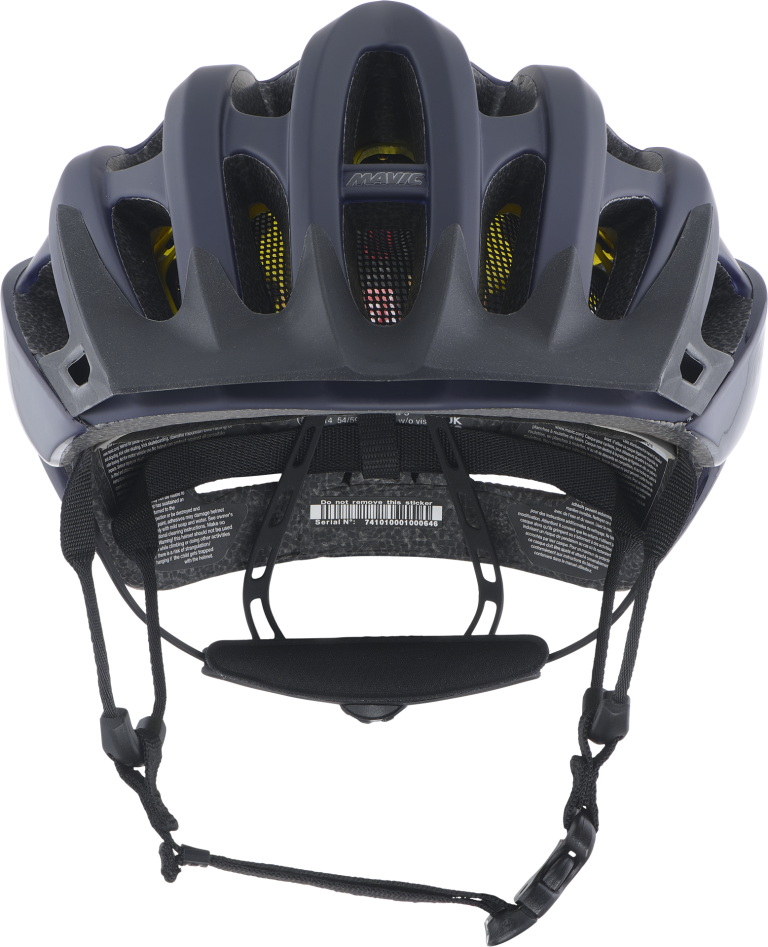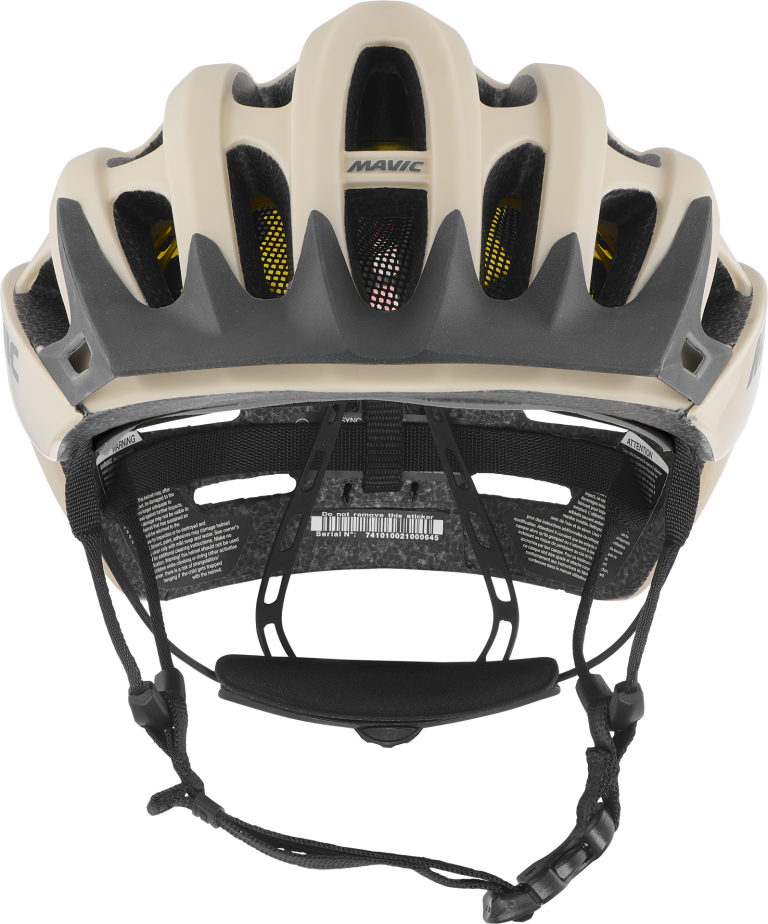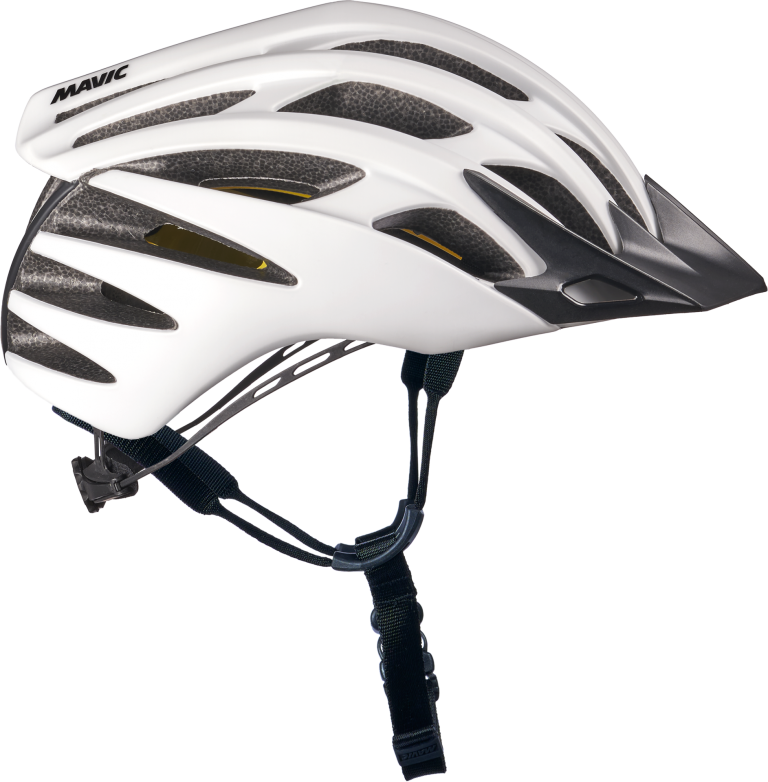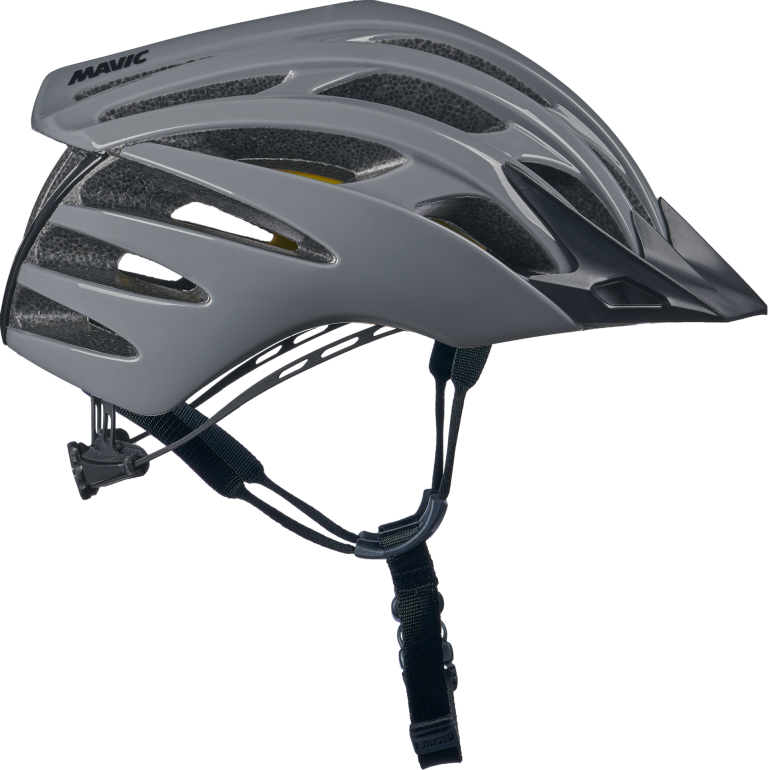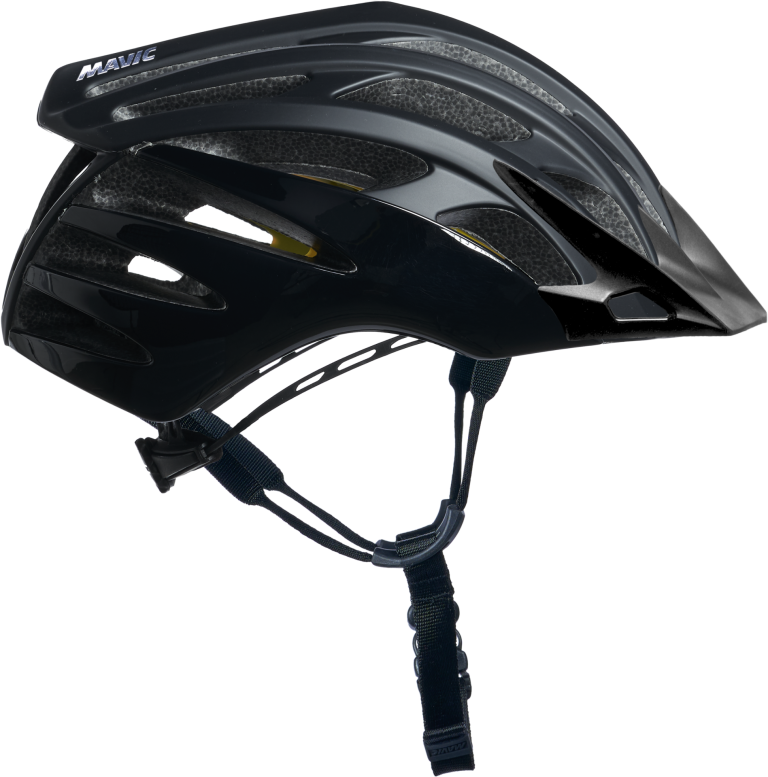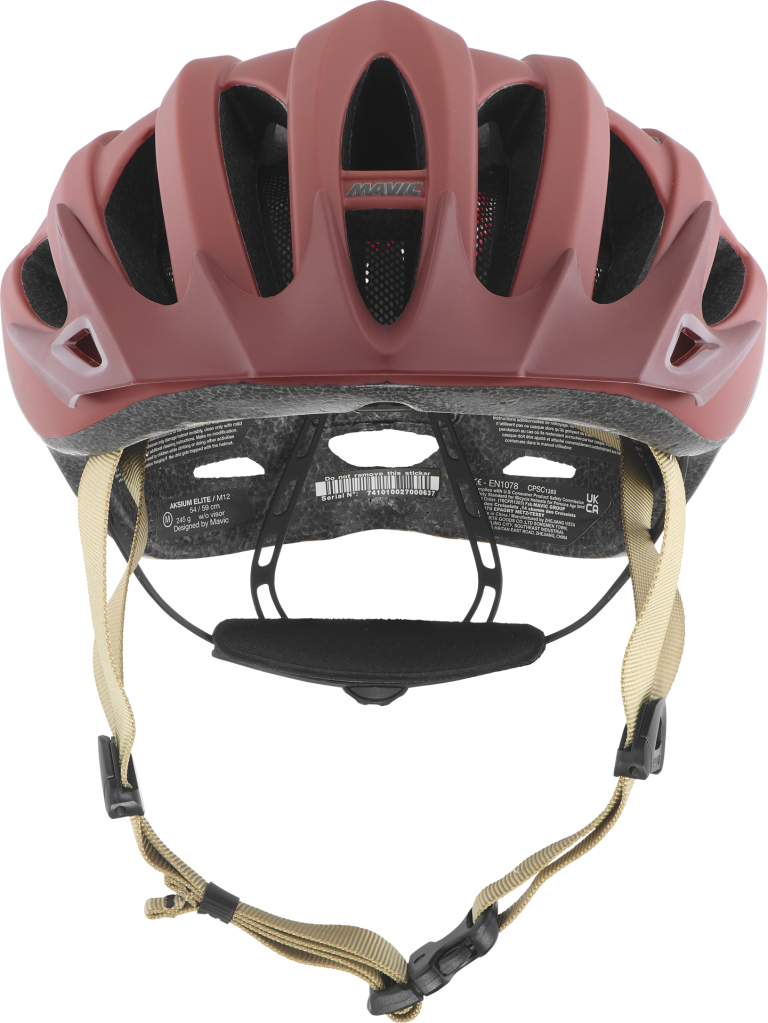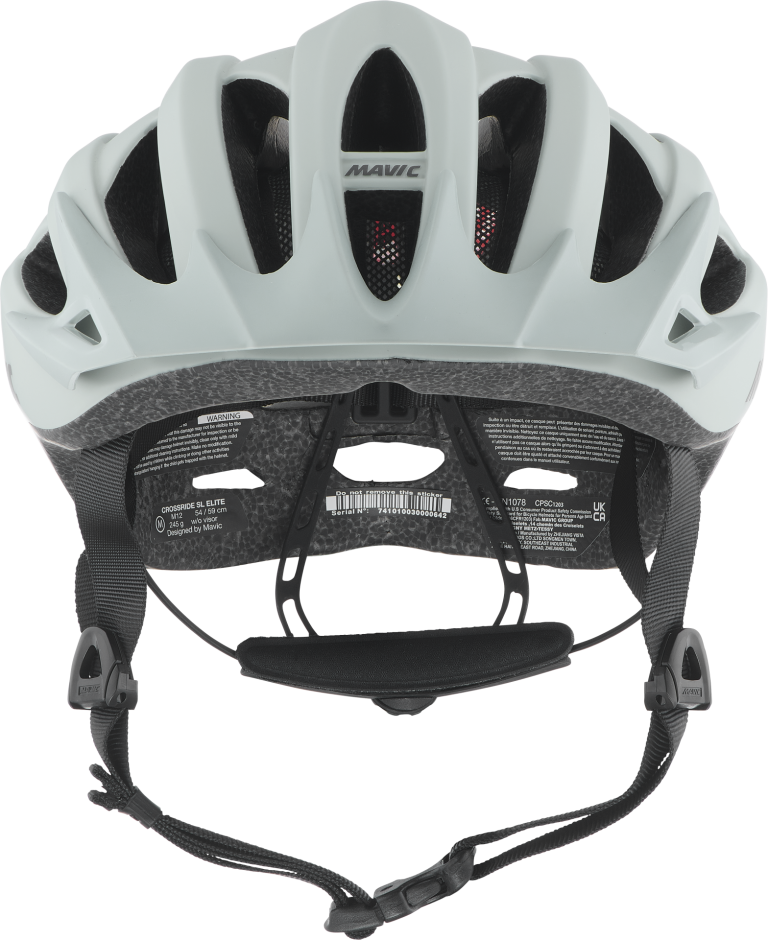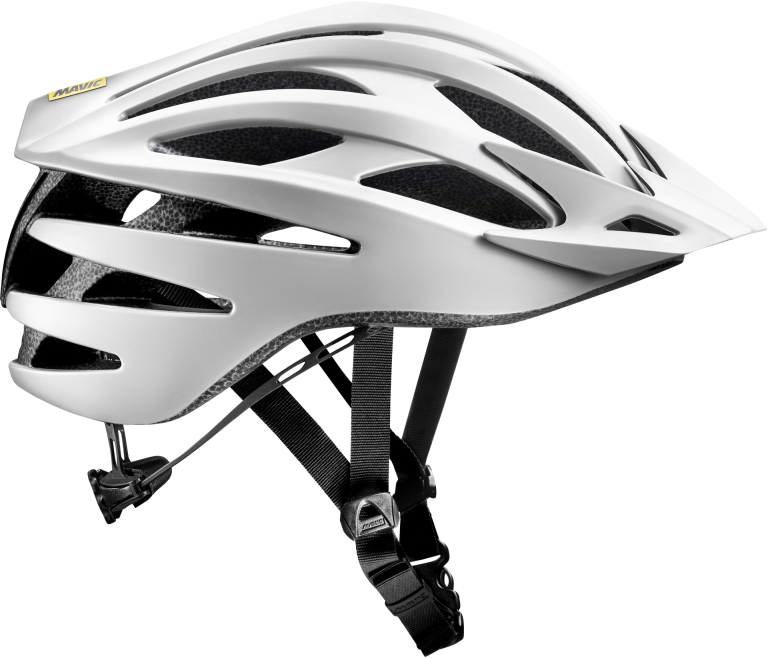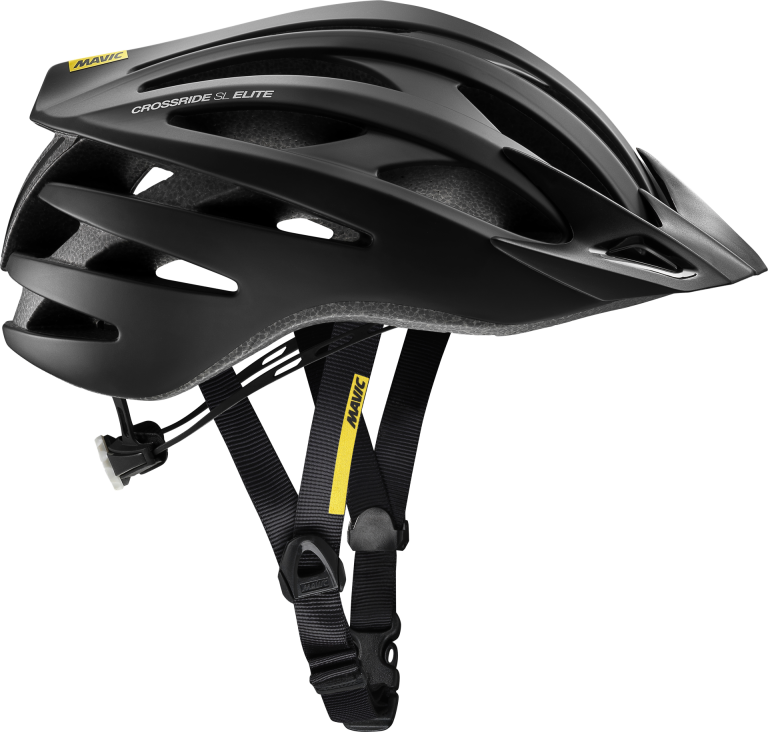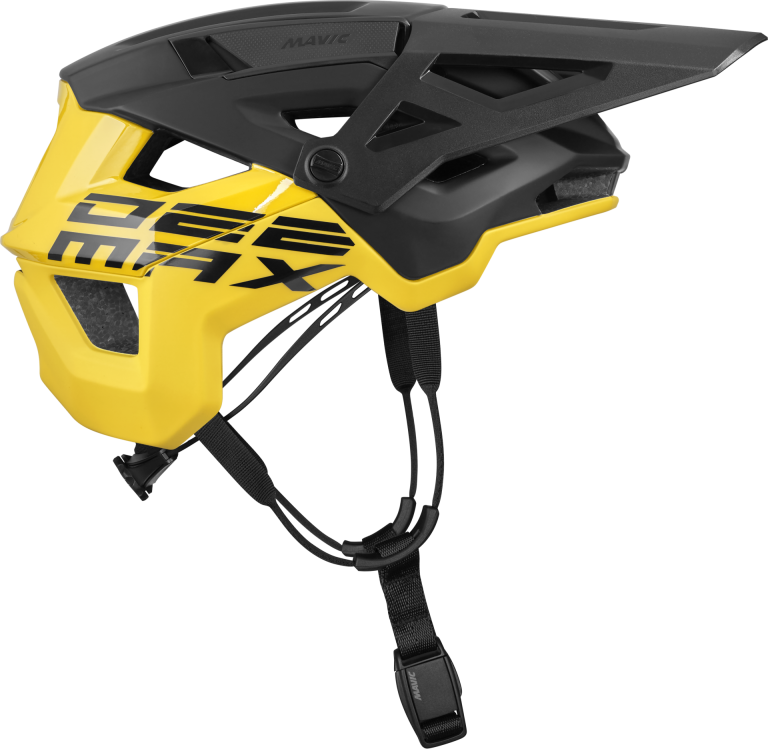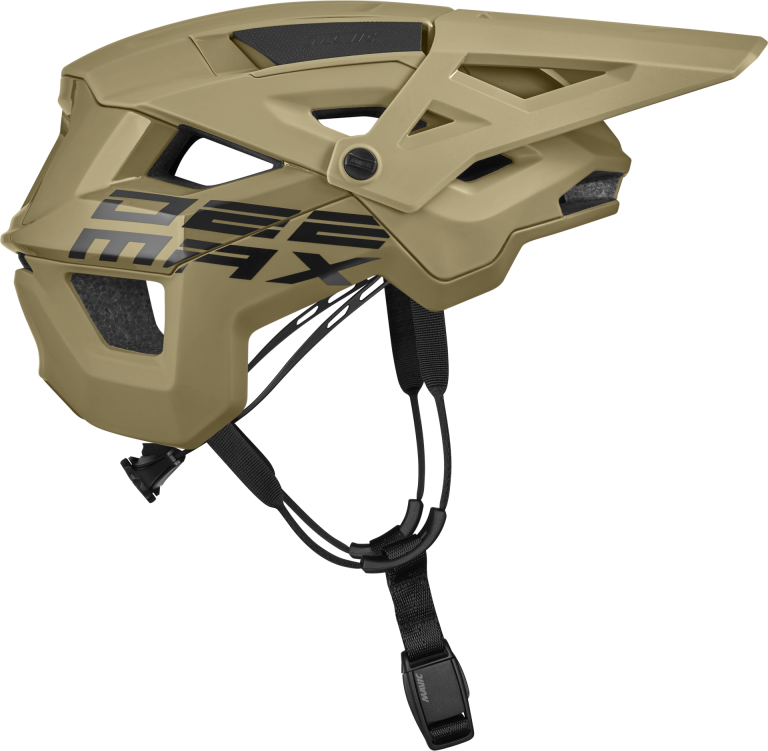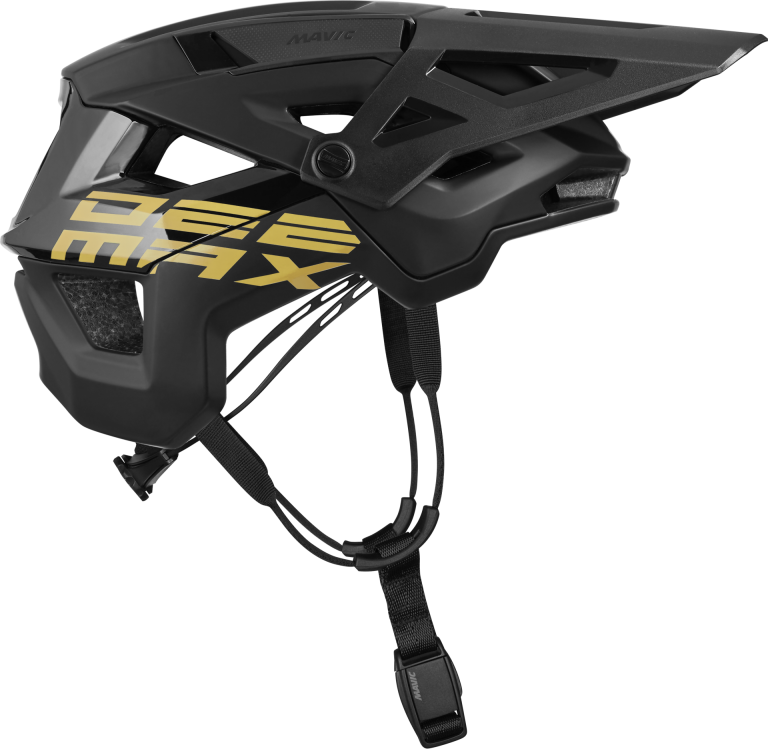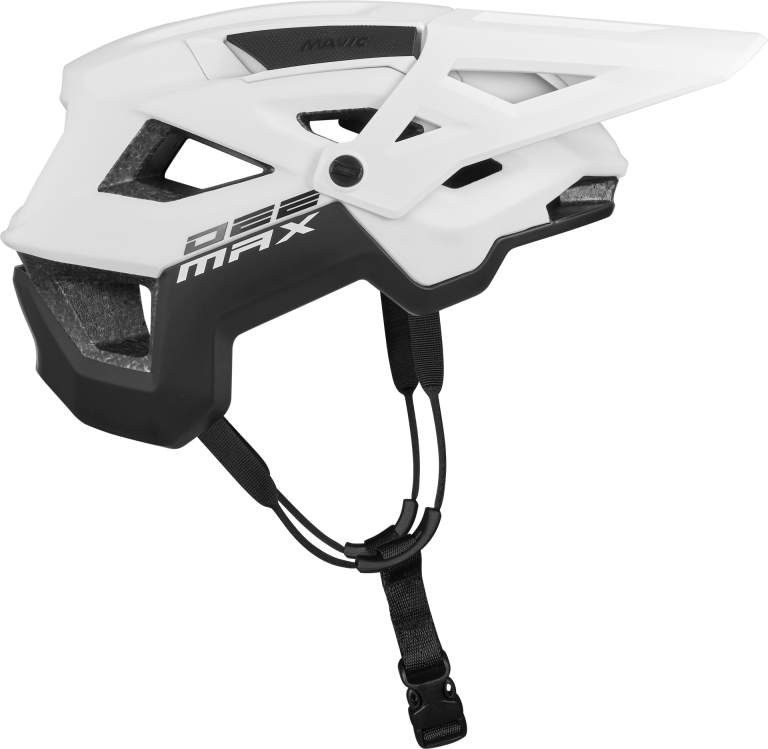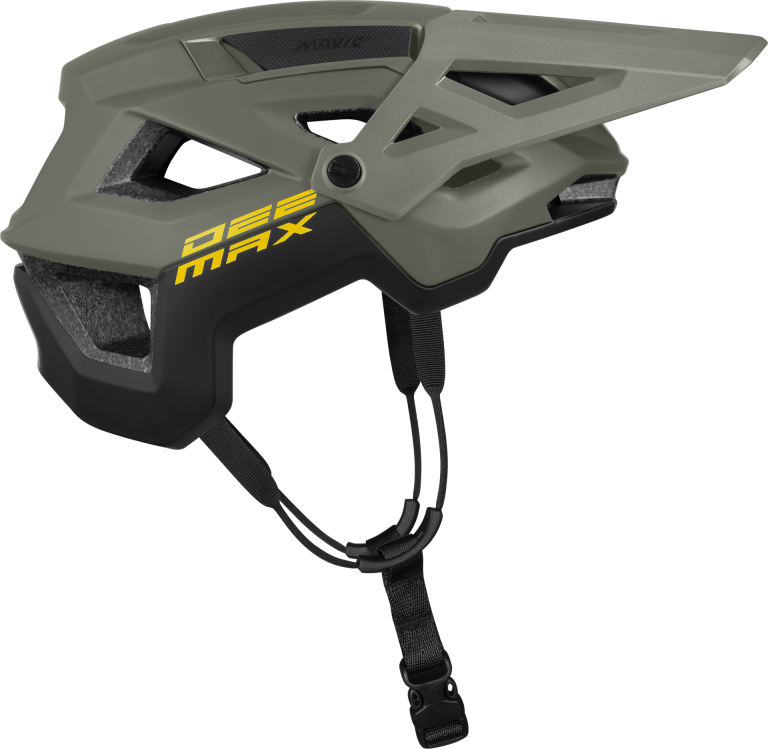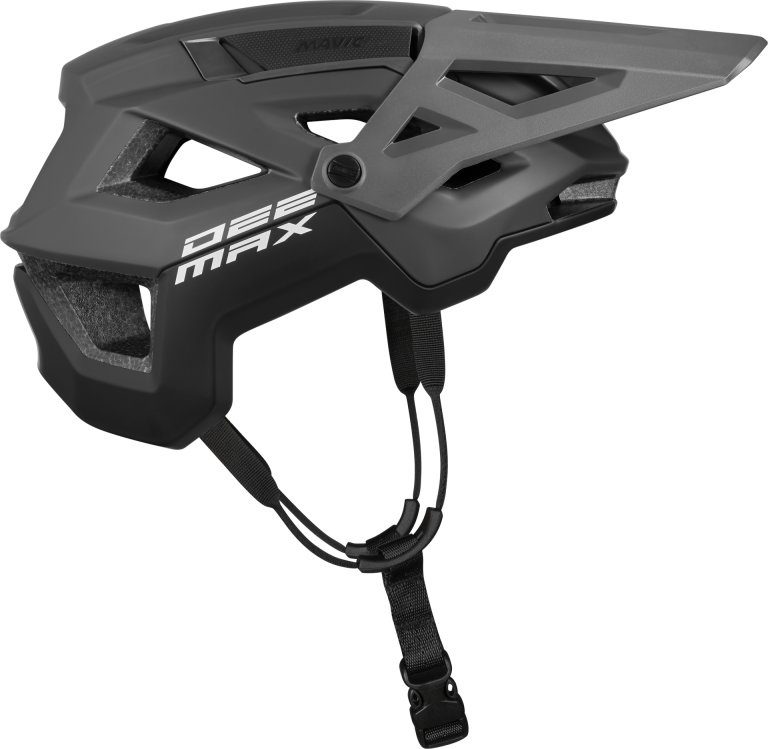What is the difference between a mountain bike helmet and a road helmet?
The main difference between a mountain bike helmet and a road helmet lies in their design and specific features. Mountain bike helmets generally have a visor to protect the rider's eyes from the sun and deflect trailside branches and other obstacles., They also have plenty of ventilation to enhance airflow when riding at max effort, even when riding at lower speeds in technical terrain. Mountain bike helmets typically offer more coverage to protect the back and sides of the head. Road helmets, on the other hand, are more aerodynamic and much lighter, making them suitable for higher speeds in more open, paved terrain. They do not have a visor and offer ventilation suitable for a wider range of speeds over longer distances. It's important to choose the right type of helmet for your riding to ensure optimum protection and comfort.
